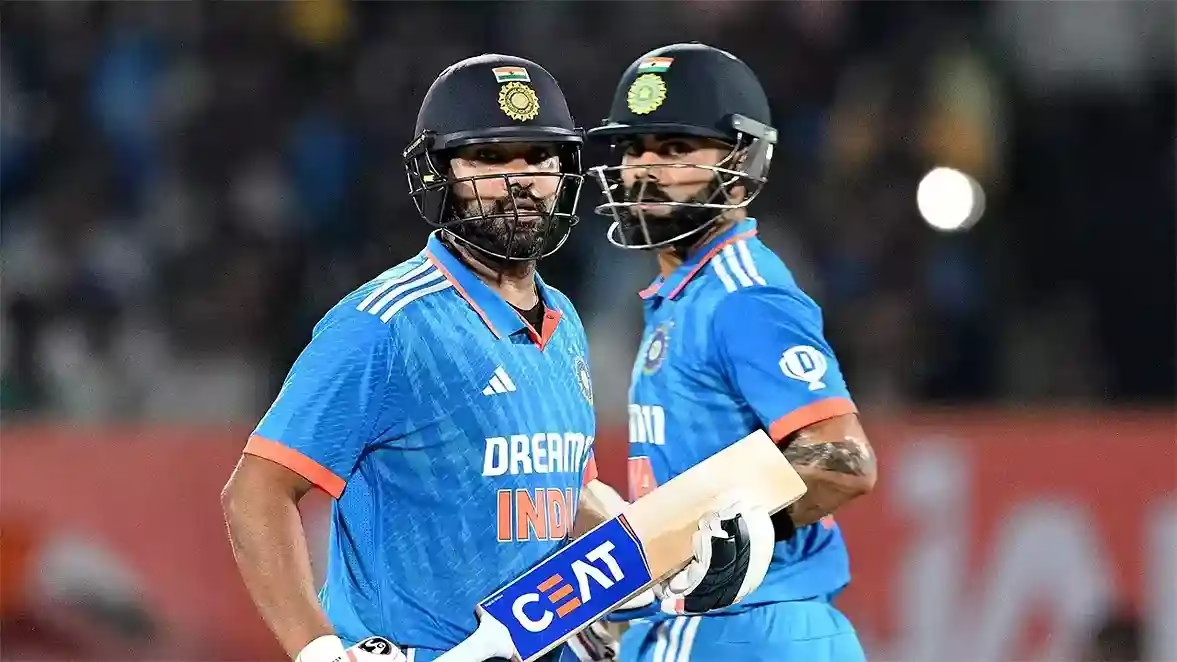“You just have to use their pace,” Warner explained. “In Test cricket, they set different fields and bowl different balls. In Twenty20 cricket, you only have to get half an edge on it, and it can go. So there’s a fair difference.”
Warner also highlighted the unique challenges of Caribbean wickets. “I’ve played a lot of cricket over here,” he said. “You are expecting it to be low rather than bounce, unless it is real short. The variation in bounce is what surprises you. When they pitch the ball that eight-metre length, your natural instinct is to pull it. But you have to go back to targeting straight, backing yourself, and if it does bounce, so be it.”
Warner scored a solid 56 from 51 balls in Australia’s opening match against Oman, setting a foundation for their victory. Despite facing criticism after a lackluster IPL season, Warner remains unfazed.
“It [the criticism] doesn’t fuel me. It’s in one ear, out the other,” Warner said. “People feel like they have to keep criticizing the way I play. I don’t know what it is. I have no answer as to why people write that. I have had it my whole career. I don’t listen to it.”
The upcoming Group B clash has gained importance following England’s washout against Scotland. A loss to Australia could be disastrous for the defending champions, especially after Scotland’s victory over Namibia. England’s qualification may hinge on a potential net run-rate shootout with Scotland for the second spot in the group.
Warner’s insights suggest that while England’s pace duo will still pose a threat, the T20 format and Caribbean conditions could level the playing field, providing Australia a strategic advantage in their crucial match.



